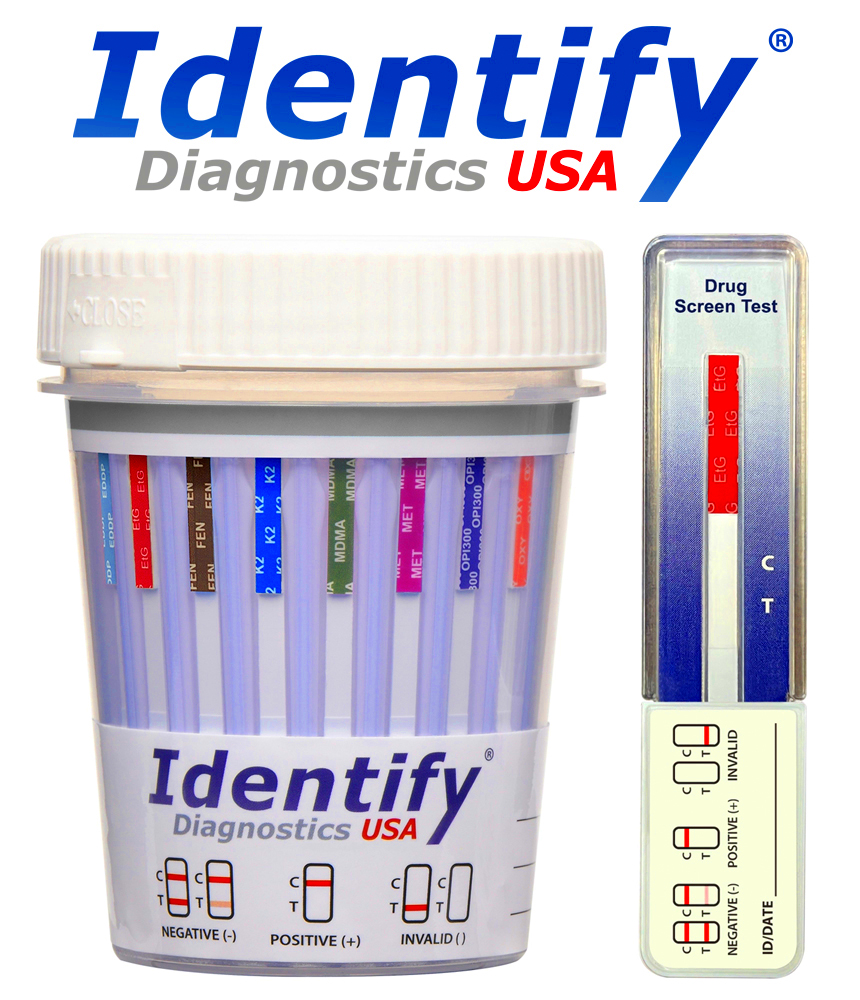Oregon Drug Testing Laws for 2024
Oregon has specific laws governing drug testing in the workplace. These laws aim to balance the needs of employers to maintain a safe work environment with the rights of employees. Understanding these laws is essential for both employers and employees to ensure compliance and protect rights.
Types of Drug Testing Allowed in Oregon

In Oregon, several types of drug testing are permitted. Employers can choose the method that best fits their needs, keeping in mind the legal requirements. The common types of drug testing include:
- Pre-employment Testing: Conducted before hiring an employee.
- Random Testing: Employees are tested on a random basis to deter drug use.
- Reasonable Suspicion Testing: Conducted when an employer believes an employee is under the influence based on observable behavior.
- Post-accident Testing: Administered after an accident occurs in the workplace.
Each type of testing serves a specific purpose and can help maintain safety and productivity in the workplace.
Legal Requirements for Drug Testing

Oregon law outlines specific legal requirements that employers must follow when implementing drug testing policies. These requirements include:
- Written Policy: Employers must have a clear written drug testing policy that is communicated to all employees.
- Notification: Employees must be informed about the testing policy before any tests are conducted.
- Consent: Employees must provide consent for drug testing, ensuring their agreement to participate.
- Testing Labs: Employers must use certified laboratories to conduct drug tests to ensure accuracy and reliability.
- Confidentiality: Results must be kept confidential and shared only with authorized personnel.
By adhering to these legal requirements, employers can help protect their organization and respect employees’ rights.
Employee Rights and Protections

Employees in Oregon have specific rights and protections regarding drug testing. These rights are designed to ensure fair treatment and safeguard privacy. Here are some key rights employees should be aware of:
- Right to Know: Employees have the right to be informed about the drug testing policy, including the substances being tested and the procedures involved.
- Right to Privacy: Testing results are confidential. Employers must protect the privacy of employees and only share results with authorized personnel.
- Right to Appeal: If an employee fails a drug test, they have the right to challenge the results. Employers must provide a process for this appeal.
- Right to Reinstatement: In some cases, employees who fail a drug test may have the right to return to their job after completing a rehabilitation program.
Understanding these rights is essential for employees to ensure they are treated fairly and with respect in the workplace.
Employer Responsibilities Under Oregon Law
Employers in Oregon have several responsibilities when it comes to drug testing. Fulfilling these obligations helps ensure compliance with the law and promotes a safe work environment. Key responsibilities include:
- Developing a Clear Policy: Employers must create and communicate a written drug testing policy to all employees.
- Providing Training: Employers should train supervisors to recognize signs of substance abuse and how to implement the testing policy effectively.
- Ensuring Fairness: Testing should be applied consistently to all employees to avoid discrimination.
- Maintaining Confidentiality: Employers are required to keep test results private and secure, sharing them only with authorized personnel.
- Following Up: If an employee tests positive, employers must follow established procedures, which may include offering rehabilitation options.
By adhering to these responsibilities, employers can foster a safe and compliant workplace.
Consequences of Failing a Drug Test
Failing a drug test can have serious consequences for employees in Oregon. Understanding these potential outcomes is crucial for employees to navigate their options. Here’s what can happen:
- Immediate Termination: Many employers have a zero-tolerance policy for drug use, leading to immediate dismissal after a positive test.
- Suspension: Some employers may choose to suspend the employee pending further investigation or while they undergo rehabilitation.
- Mandatory Rehabilitation: In certain cases, employees may be required to enter a rehabilitation program as a condition for continued employment.
- Impact on Future Employment: A failed drug test can be reported to future employers, which may affect job prospects.
- Legal Consequences: Depending on the circumstances, there could be legal repercussions, particularly if the employee was operating in a safety-sensitive position.
Being aware of these consequences can help employees make informed decisions about their actions and seek help if needed.
Recent Changes to Drug Testing Laws in 2024
In 2024, Oregon has seen some important changes in drug testing laws that affect both employers and employees. These updates aim to create a more balanced approach to workplace safety and employee rights. Here are some key changes to be aware of:
- Expanded Medical Use Protections: Employees who use medical marijuana now have enhanced protections against discrimination. Employers must consider the medical needs of employees before taking adverse actions.
- Revised Testing Procedures: New guidelines have been introduced for the testing process to ensure fairness and accuracy. This includes improved testing methods and the requirement for confirmation testing after a positive result.
- Employee Notification: Employers are now required to provide employees with advanced notice of any upcoming drug tests, ensuring transparency in the process.
- Emphasis on Rehabilitation: The laws encourage employers to offer rehabilitation options to employees who test positive rather than immediately resorting to termination.
These changes reflect a growing understanding of the importance of balancing workplace safety with individual rights, making it crucial for both employers and employees to stay informed.
FAQs About Oregon Drug Testing Laws
Understanding Oregon’s drug testing laws can be complex, so here are some frequently asked questions to clarify common concerns:
- What substances can employers test for? Employers can test for a variety of substances, including illegal drugs, prescription medications, and alcohol.
- Can I be fired for a positive drug test? Yes, depending on your employer’s policy, a positive test result can lead to termination.
- Are there protections for medical marijuana users? Yes, there are legal protections for employees who use medical marijuana, particularly regarding discrimination.
- Do I need to consent to a drug test? Yes, employees must provide written consent before any drug testing can occur.
- What should I do if I fail a drug test? If you fail a drug test, review your employer’s policy, and consider seeking legal advice or rehabilitation options.
Having answers to these questions can help employees feel more secure and informed about their rights and responsibilities.
Conclusion on Oregon Drug Testing Laws
In conclusion, understanding Oregon’s drug testing laws is essential for both employers and employees. These laws aim to create a safe workplace while protecting individual rights. With recent changes in 2024, the landscape is evolving, emphasizing rehabilitation and fairness in testing procedures.
Employers must stay informed about their responsibilities, while employees should know their rights and protections. By fostering open communication and understanding the legal framework, both parties can contribute to a safer and more respectful work environment.
Ultimately, being informed is the best way to navigate the complexities of drug testing laws in Oregon.


